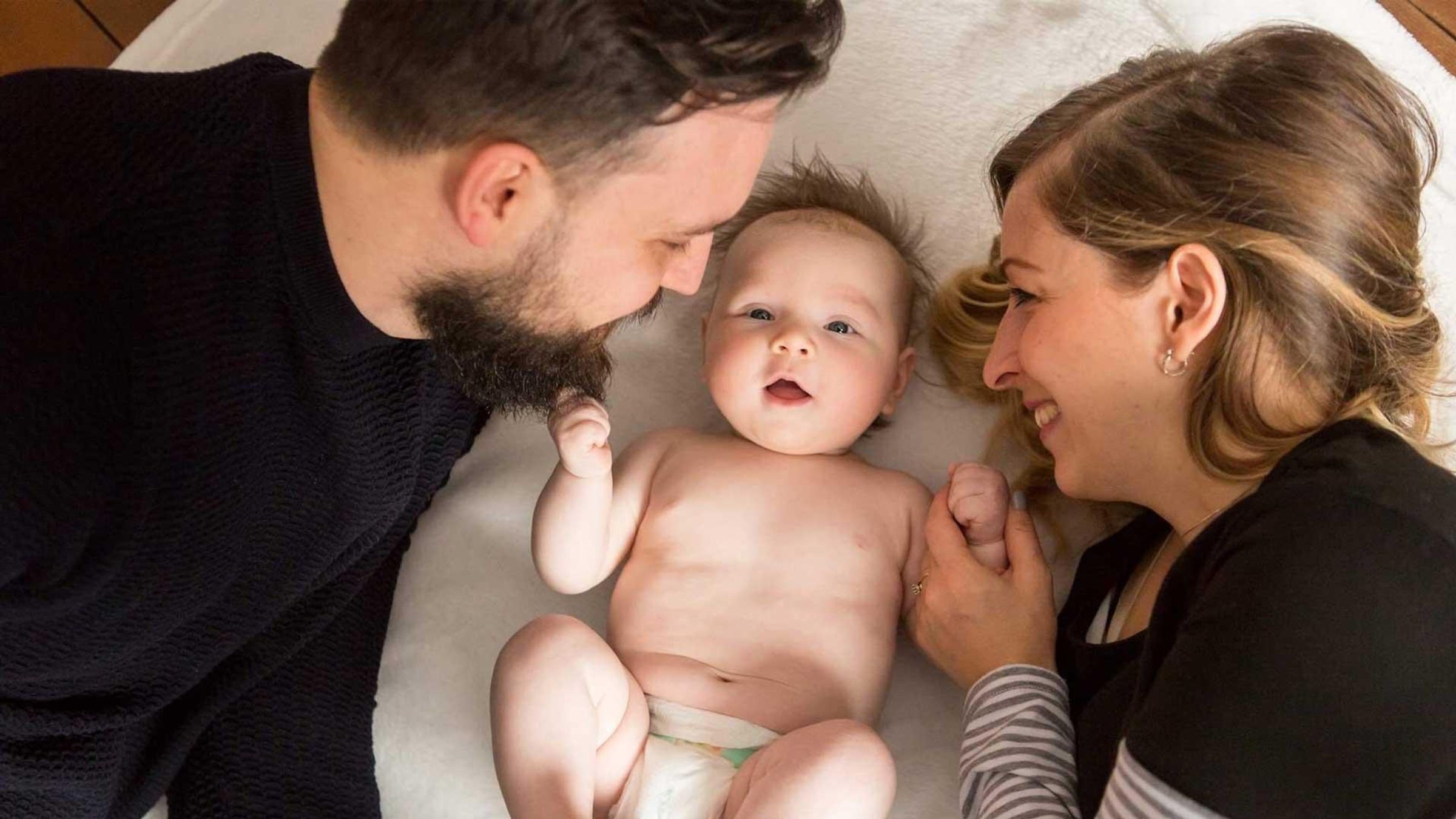
Did You Know?
Bronchiolitis and pneumonia
Severe lower respiratory tract infections that can be caused by RSV.1
90%
Percentage of children infected with RSV in the first two years of life.2
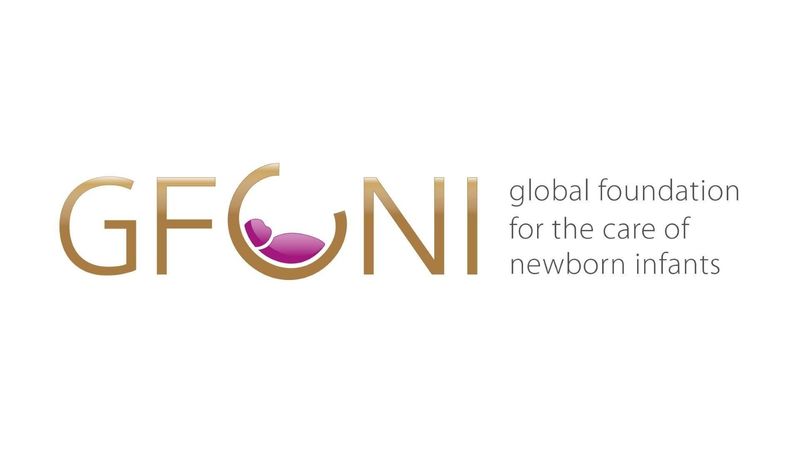
GFCNI
We partner with the Global Foundation for the Care of Newborn Infants to raise RSV awareness.

Is RSV Disease Predictable?
Are all infants at risk from RSV?
This factsheet will help you better understand the challenges around RSV in newborns and infants and highlights the importance to protect this population.
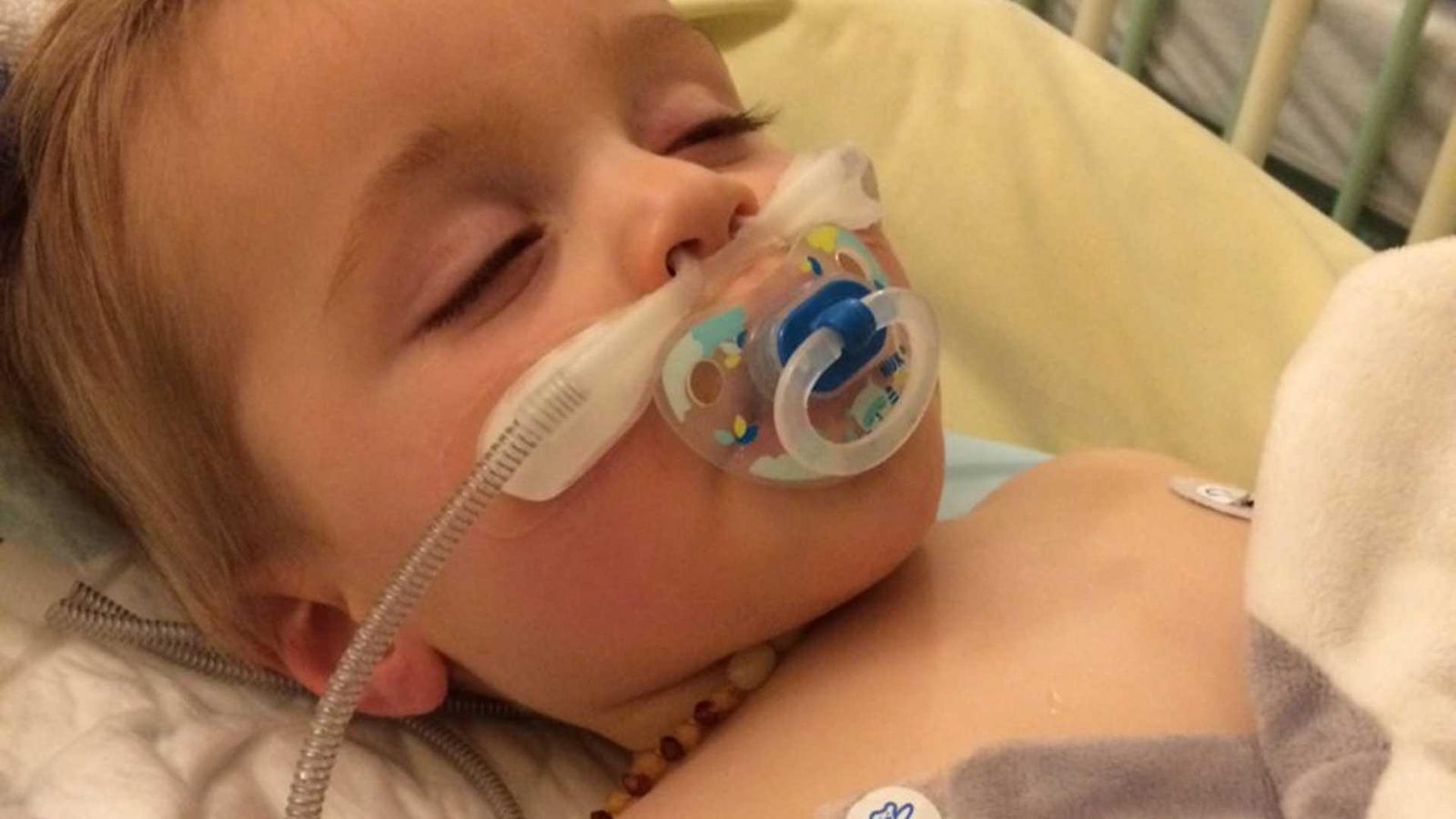
About RSV and Its Risks
RSV is a common, contagious seasonal virus that will infect nearly all children by their second birthday.3 While symptoms often appear as a cold, RSV is the most common cause of lower respiratory tract infections and a leading cause of hospitalization in infants, even healthy infants born at term.4
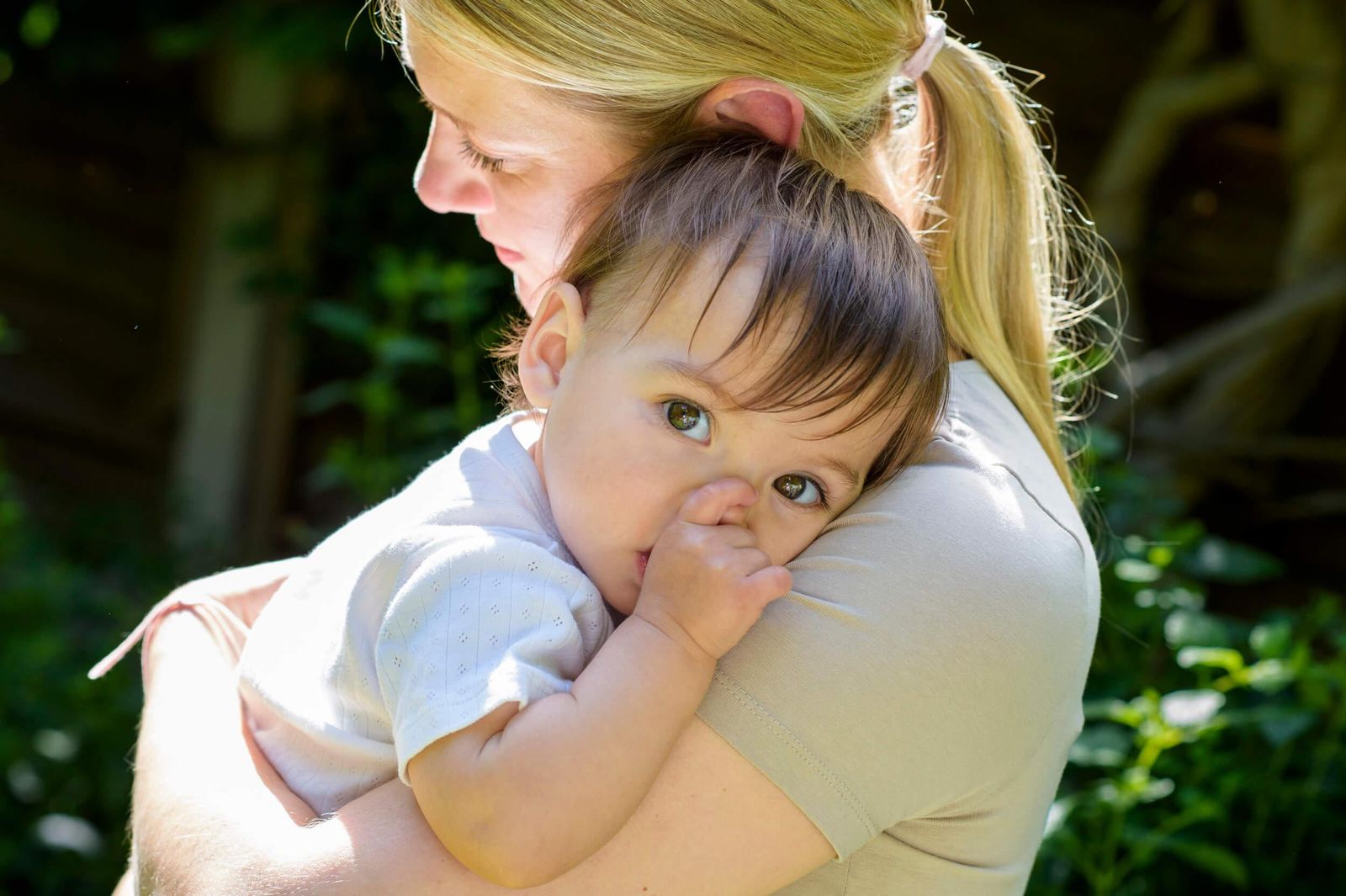
Importance of Immunization
Raising awareness of RSV is a first step toward its prevention. The majority of infants hospitalized with RSV are born healthy and at term, with 50 percent of hospitalizations occurring in infants born prior to the RSV season.5, 6, 7
All About RSV

Sanne’s Story
Hear from a mother about her family’s experience with RSV

Dina and Winnie’s RSV Story
Dina describes her baby daughter’s challenging journey with RSV
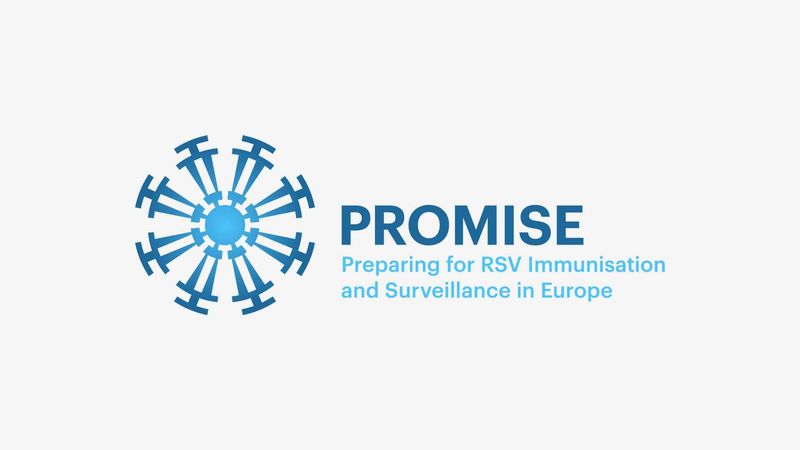
The Promise initiative
Explore More

Where Are We in the Fight Against Respiratory Viruses? The Real-World Impact of Immunization.
References
- Shi T, McAllister DA, O'Brien KL, et al; RSV Global Epidemiology Network. Global, regional, and national disease burden estimates of acute lower respiratory infections due to respiratory syncytial virus in young children in 2015: a systematic review and modelling study. Lancet. 2017;390(10098):946-958
- Glezen WP et al. Risk of primary infection and reinfection with respiratory syncytial virus. Am J Dis Child. 1986; 140 (6); 543-546
- Respiratory Syncytial Virus Infection (RSV): Infants and Young Children. Centers for Disease Control and Prevention. https://www.cdc.gov/rsv/infants-young-children/index.html. Accessed March 2023.
- Arriola CS, Kim L, Langley G, Anderson EJ, Openo K, Martin AM, et al. Estimated Burden of Community-Onset Respiratory Syncytial Virus-Associated Hospitalizations Among Children Aged <2 Years in the United States, 2014-15. Journal of the Pediatric Infectious Diseases Society. 2020;9(5):587-95.
- Yu Jianxing, et al. Respiratory syncytial Virus Seasonality, Beijing, China, 2007-2015. Emerg Infect Dis. 2019;25(6):1127–1135
- Kobayashi Yasuhiro, et al. Epidemiology of respiratory syncytial virus in Japan : A nationwide claims database analysis. Ped Intl. 2021;0:1-7
- Reeves RM et al. Burden of hospital admissions caused by respiratory syncytial virus (RSV) in infants in England: A data linkage modelling study. J Infect. 2019;78(6):468-475
Page updated September 2025